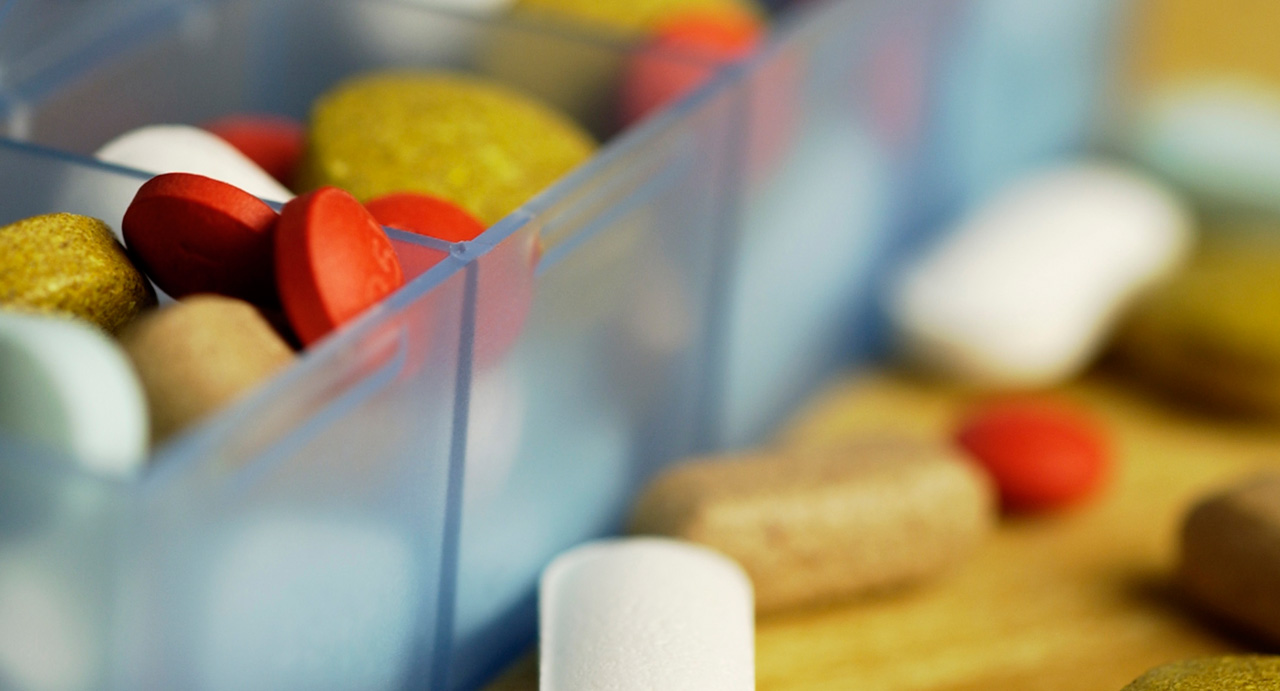
Given these risks, people struggling with pain issues should talk with their doctors about opioid medications and non-opioid methods of pain management. The Centers for Disease Control and Prevention (CDC) recently issued new guidelines for treating patients with chronic pain, recommending that physicians consider non-opioid medications or non-drug treatments instead of or in conjunction with opioids.
Addiction Recovery Challenges
Many patients are in substance abuse treatment because they have developed addictions to opioid prescription medications or their use of these medications led to heroin abuse, says Kapila Marambage, MD, Medical Director of the Inpatient Addiction Recovery Program at Princeton House Behavioral Health. The detoxification process can be challenging.
“In substance abuse treatment, pain is a driving force toward relapse,” says Dr. Marambage. “For these patients, opioids are not something they turn to just for highs — they want the drugs to alleviate pain. This creates an additional challenge for substance abusers and their treatment teams.”
Princeton House physicians collaborate with the patient’s pain management specialist to develop a plan, which may include options such as:
- Non-opioid medications, such as non-steroidal anti-inflammatory drugs and the anesthetic lidocaine patch
- Non-addictive muscle relaxers
- Non-drug treatments, such as exercise and cognitive behavioral therapy (including mindfulness and relaxation techniques)
In some cases, depending on the severity of opioid dependence and other comorbid factors, physicians may develop a specialized opioid pain management plan, which can include medications such as buprenorphine or methadone, and carefully track the patient’s usage and progress.
“It’s important to educate our patients about how the opioid system in the brain affects their pain thresholds, and why opioids shouldn’t be their first choice,” adds Dr. Marambage. “We help them understand that opioid use will only make a bad situation worse.”
Click here to learn more about Princeton House Behavioral Health’s Inpatient Addiction Recovery Program or call 800.242.2550.
Article as seen in the Spring 2017 issue of Princeton House Behavioral Health.


